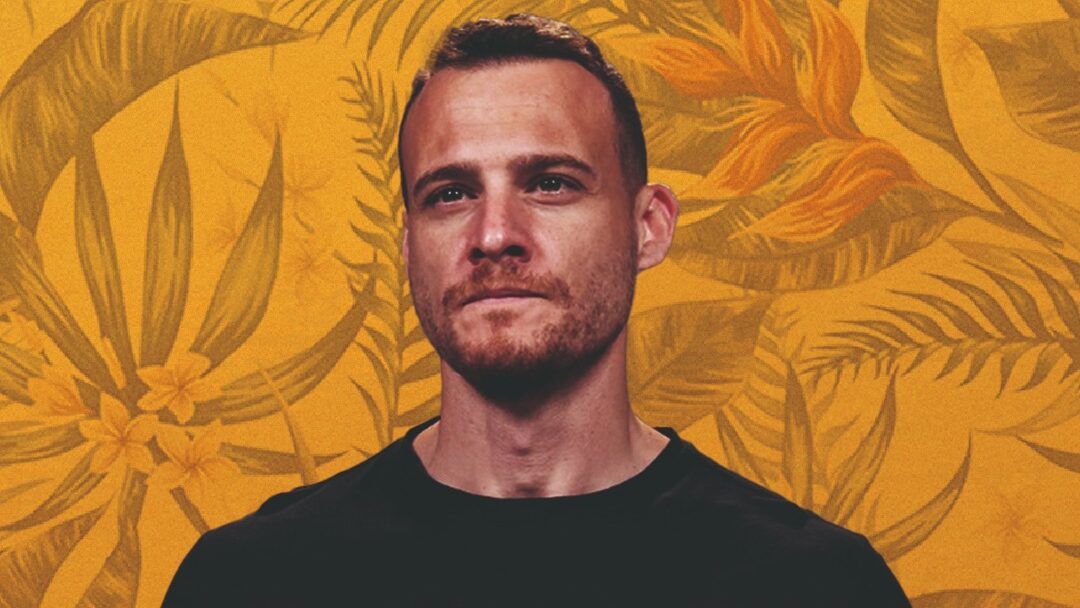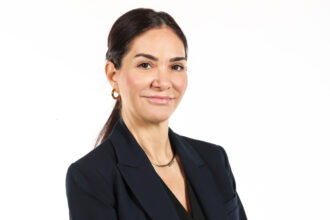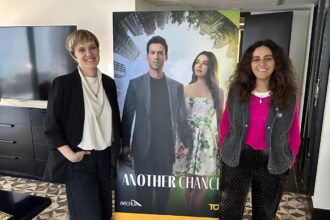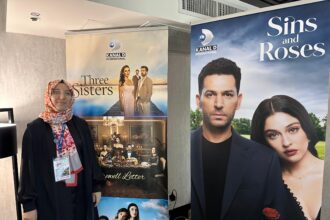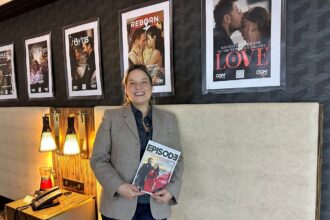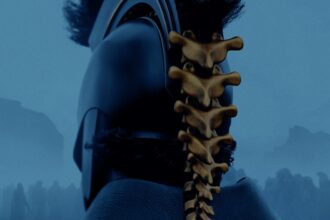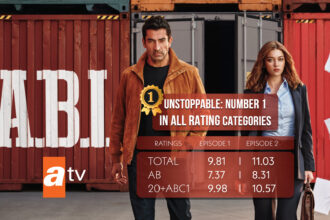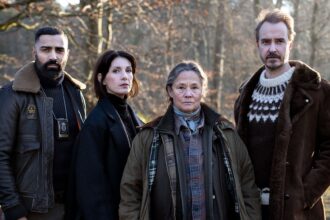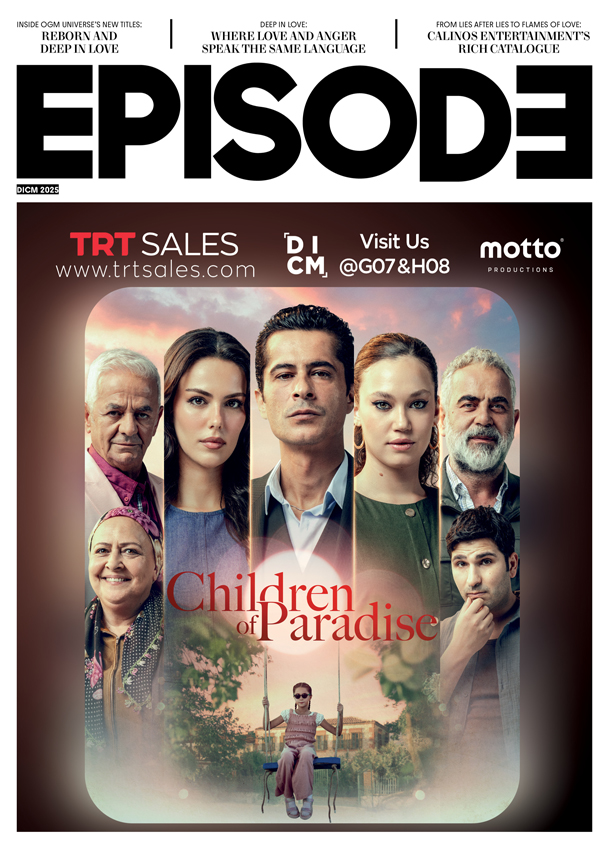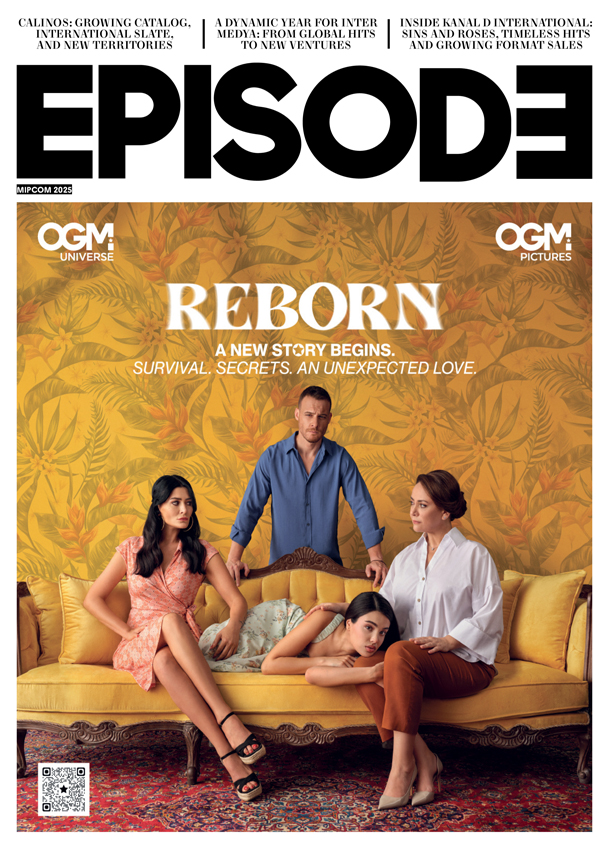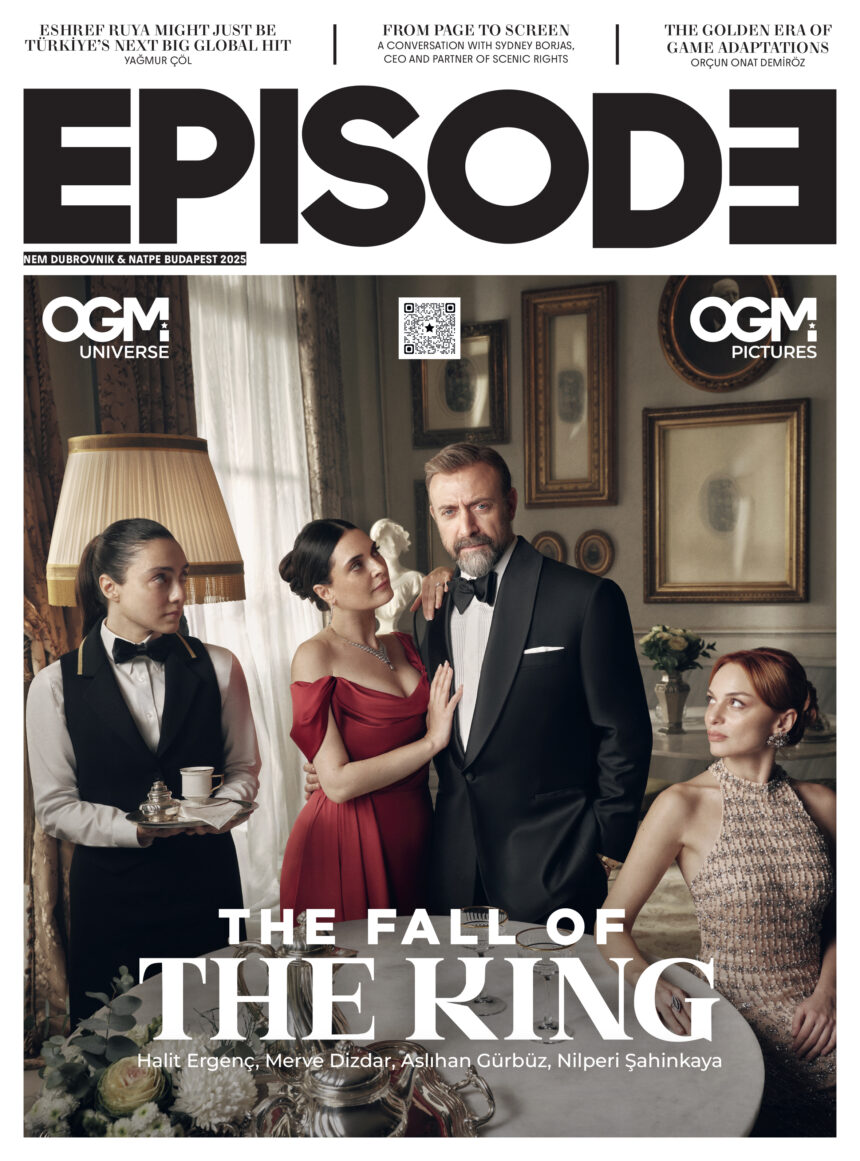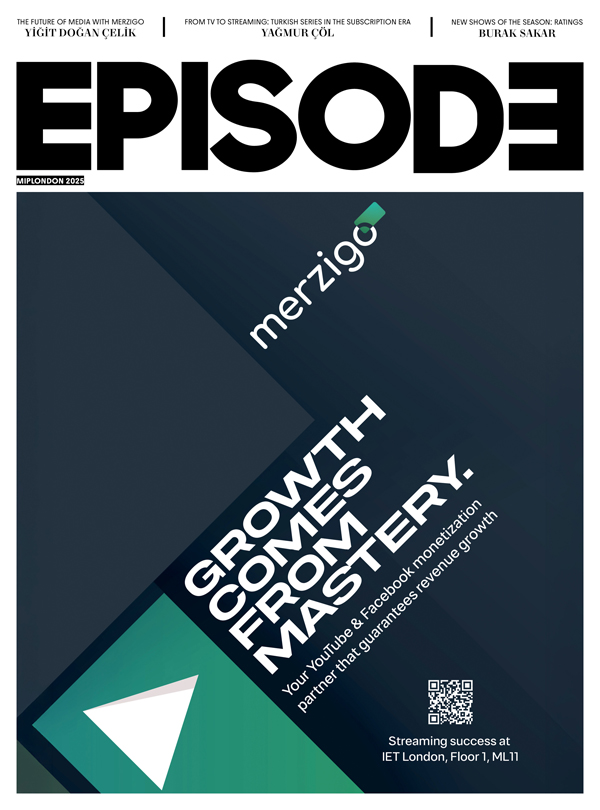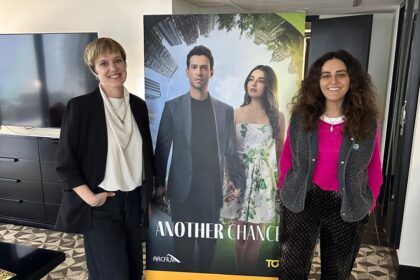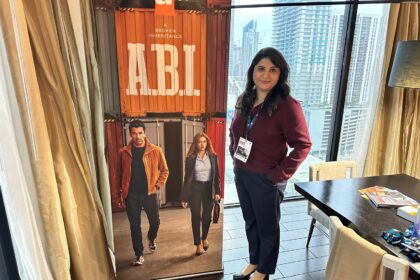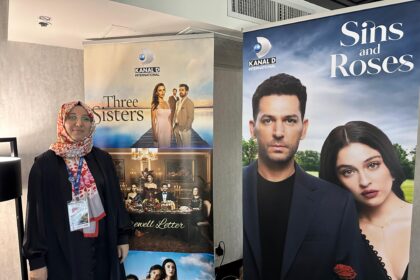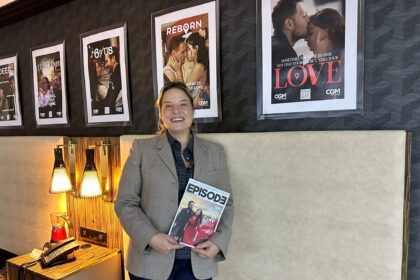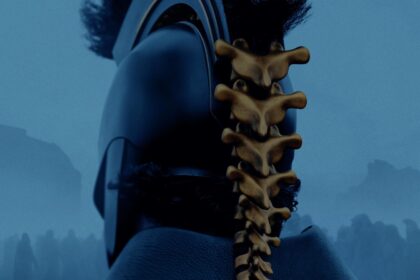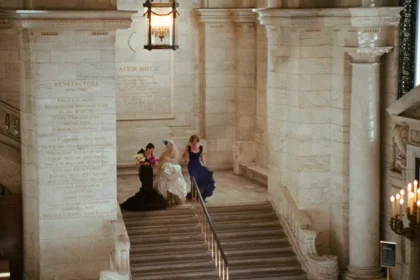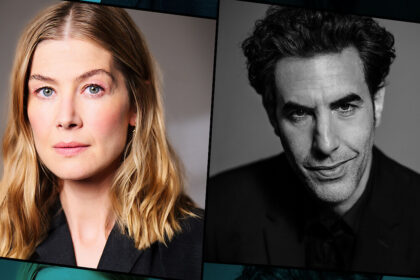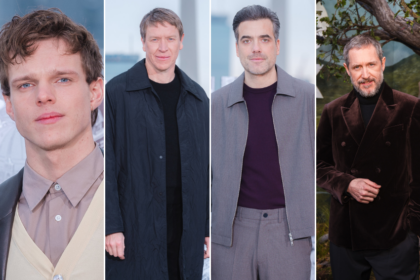For our MIPCOM 2025 issue, Episode went behind the scenes of Reborn and sat down with Kerem Bürsin to hear his thoughts on the pains, hopes, conflicts, and transformations of his character Aras.
Aras’ grief isn’t just about a loss; it’s tangled with anger and guilt. As an actor, what was the hardest part of bringing that pain to life? And how do his reactions, whether bursts of anger or complete silence, show the weight he’s carrying?
Kerem Bürsin: At the end of the day, it all comes down to the script. We spend so much time with these characters that our empathy has to be one hundred percent; it’s the only way. When the script handles things in a logical way, our job becomes much easier; it all comes down to believing. The second the camera rolls, that world becomes your world, and the words themselves pull the emotions to the surface. Of course, staying fully present is the real challenge, and that’s where teamwork comes in.
From the outside, Aras looks carefree and flirtatious. But is that attitude really a defense mechanism to avoid facing Melike’s loss, or a conscious, or maybe even unconscious, way of punishing himself because he feels responsible for what happened?
Kerem Bürsin: I think it’s both. It’s his general defense mechanism in life. I’m not even sure if anyone has ever truly seen the real Aras. Maybe glimpses appear, but to me, he’s someone hiding behind a thick curtain, carrying heavy traumas and struggling with the need to prove himself.
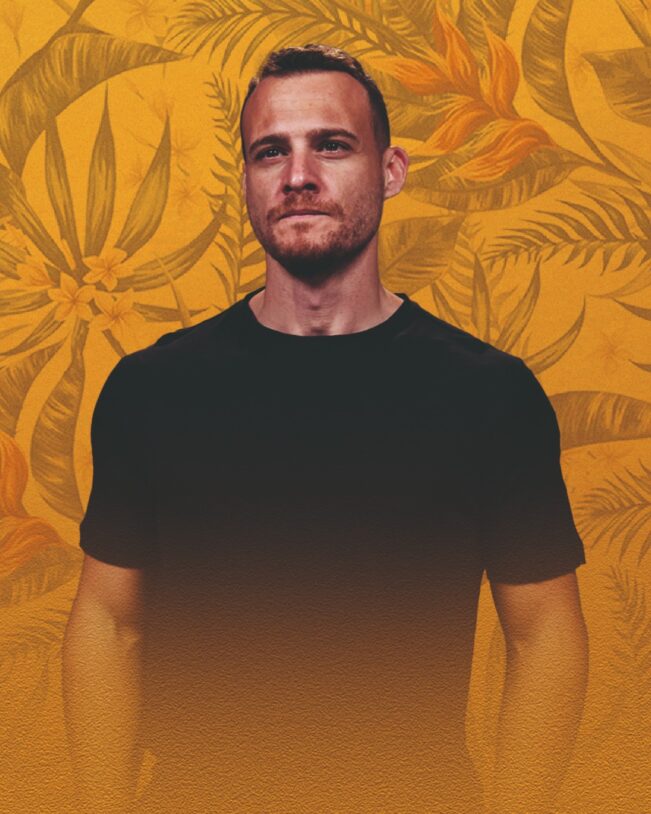
Reborn isn’t just about Aslı’s heart; it also represents the moments that shake every character’s life and change their fate. For your character, what was the “reborn” moment that struck him the hardest and altered the rhythm of his life?
Kerem Bürsin: I don’t think we’ve seen his “reborn” moment yet, and to be honest, I haven’t read it either. ☺
I’m not even sure if anyone has ever truly seen the real Aras. Maybe glimpses appear, but to me, he’s someone hiding behind a thick curtain, carrying heavy traumas and struggling with the need to prove himself.
In the series, family is shown as a web of blood ties, secrets, regrets, and expectations. Within this web, when does your character feel like a victim, and when does he feel like the one at fault?
Kerem Bürsin: For him, it’s always been there… a feeling he’s been used to since childhood. At this point, it’s almost a reflex; he carries that responsibility, that weight, on his shoulders.
The story says “a heart brought two families together.” But for your character, is that union a blessing or a curse? Does it feel like a chance at salvation, or the beginning of inevitable tragedy?
Kerem Bürsin: For my character, I’d say it’s more of an excitement, something that occupies his mind and keeps him going. But of course, what that burden might eventually turn into, how deeply it will affect him, or if it will truly change him at all… those are all still unknown.






